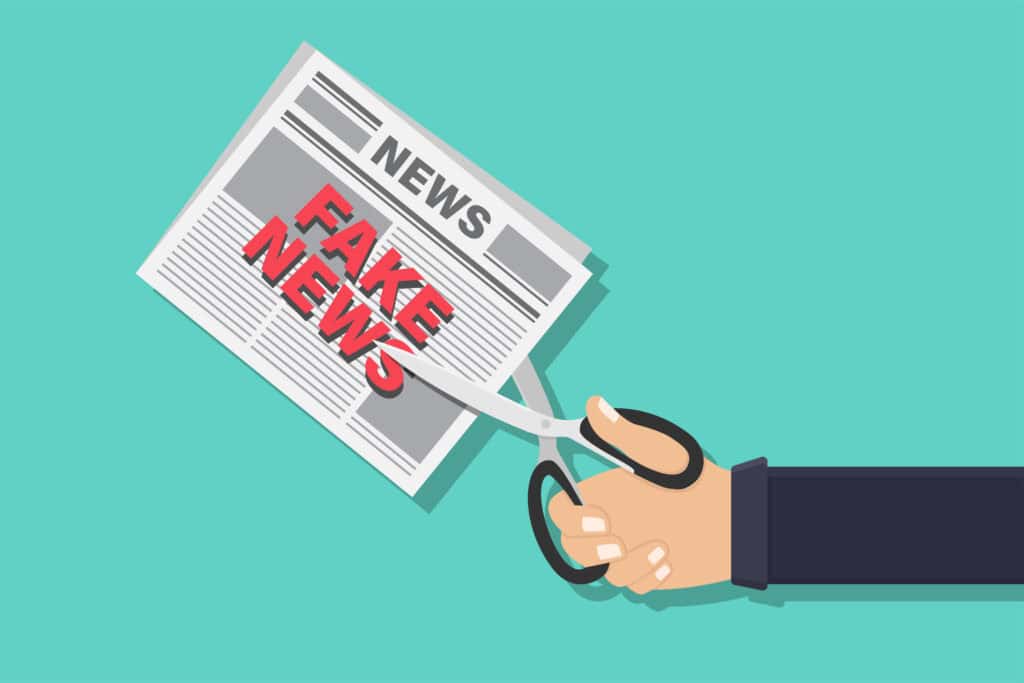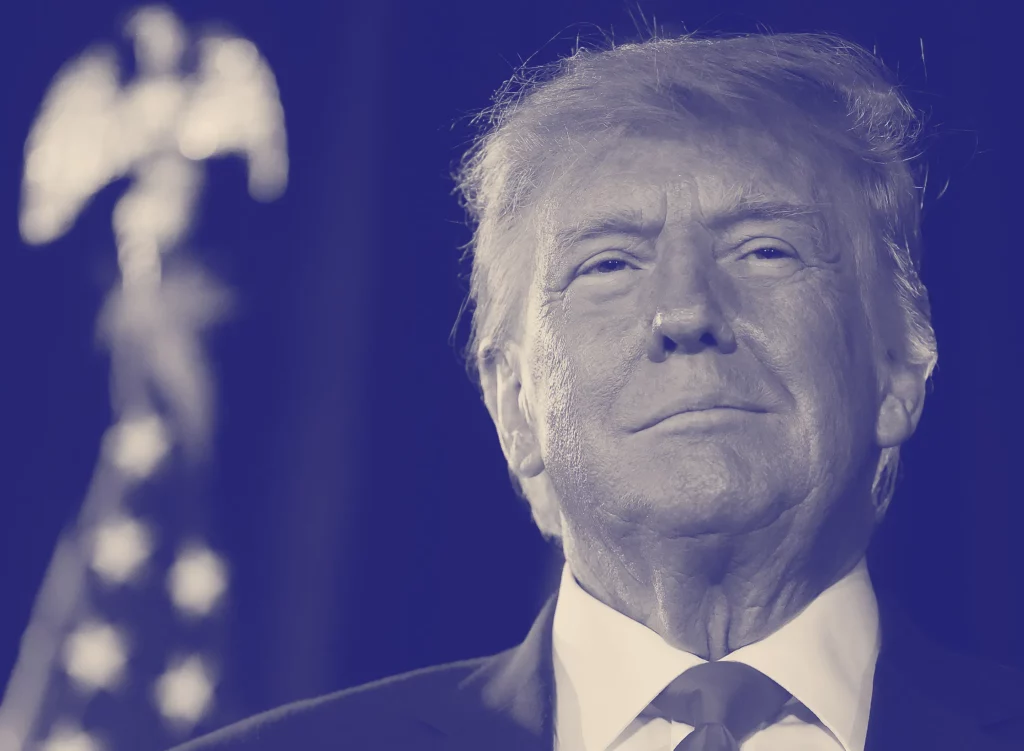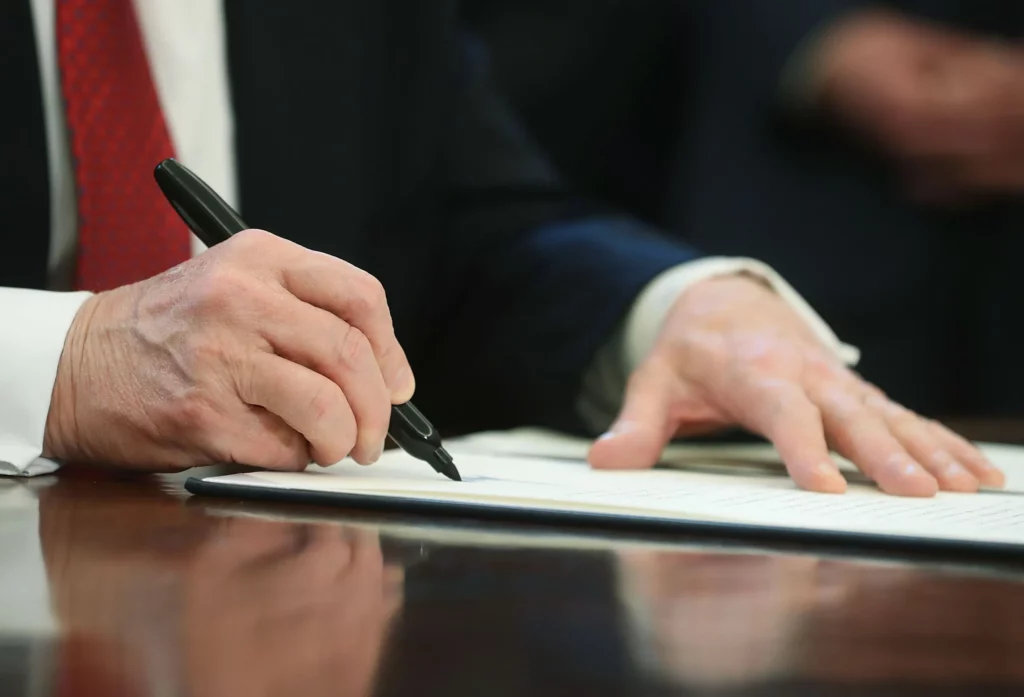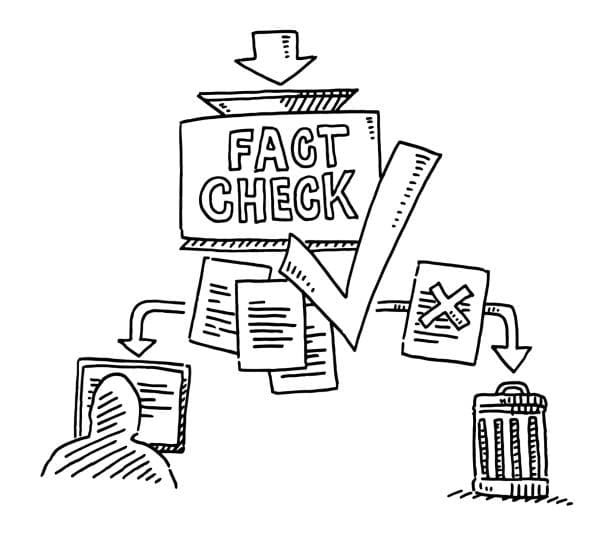Responses to Trump’s Second Term
As President Donald Trump moves through the early months of his second term, he faces significant resistance from multiple institutions, including the judiciary, international leaders, and fact-checking organizations. While Trump and his allies push forward […]











